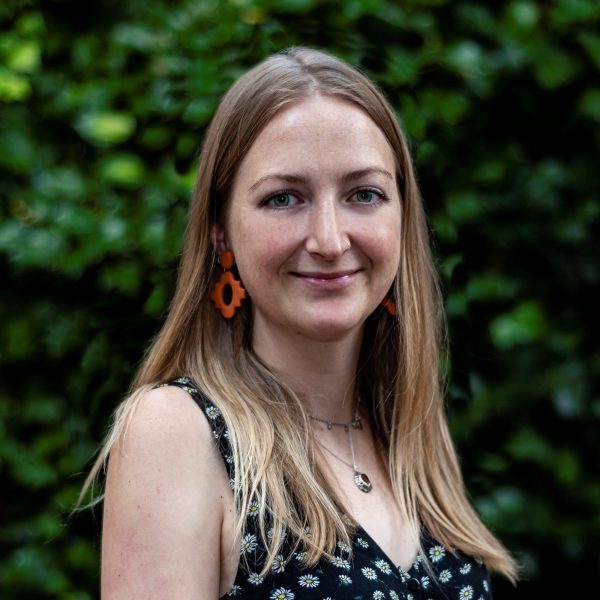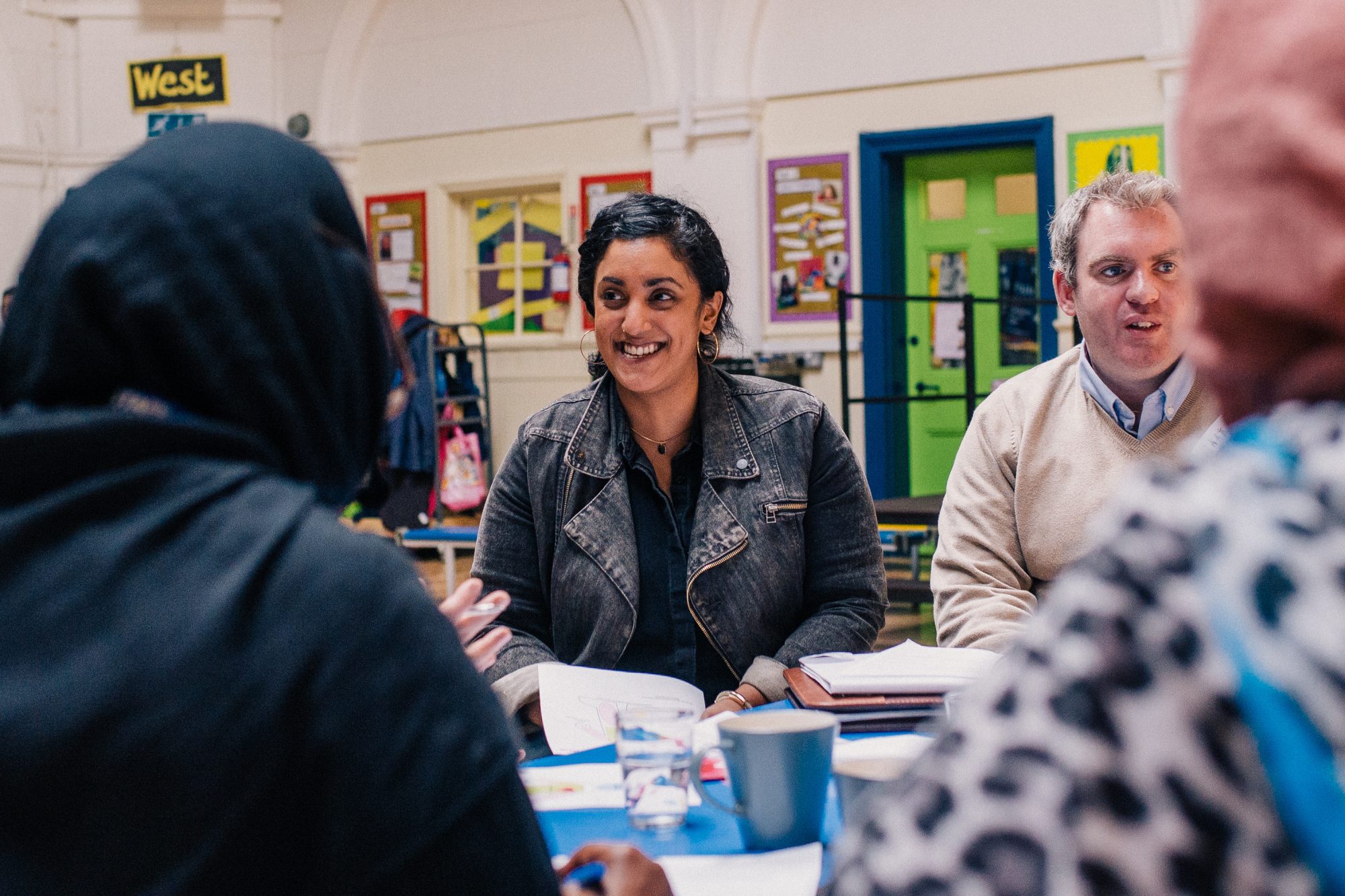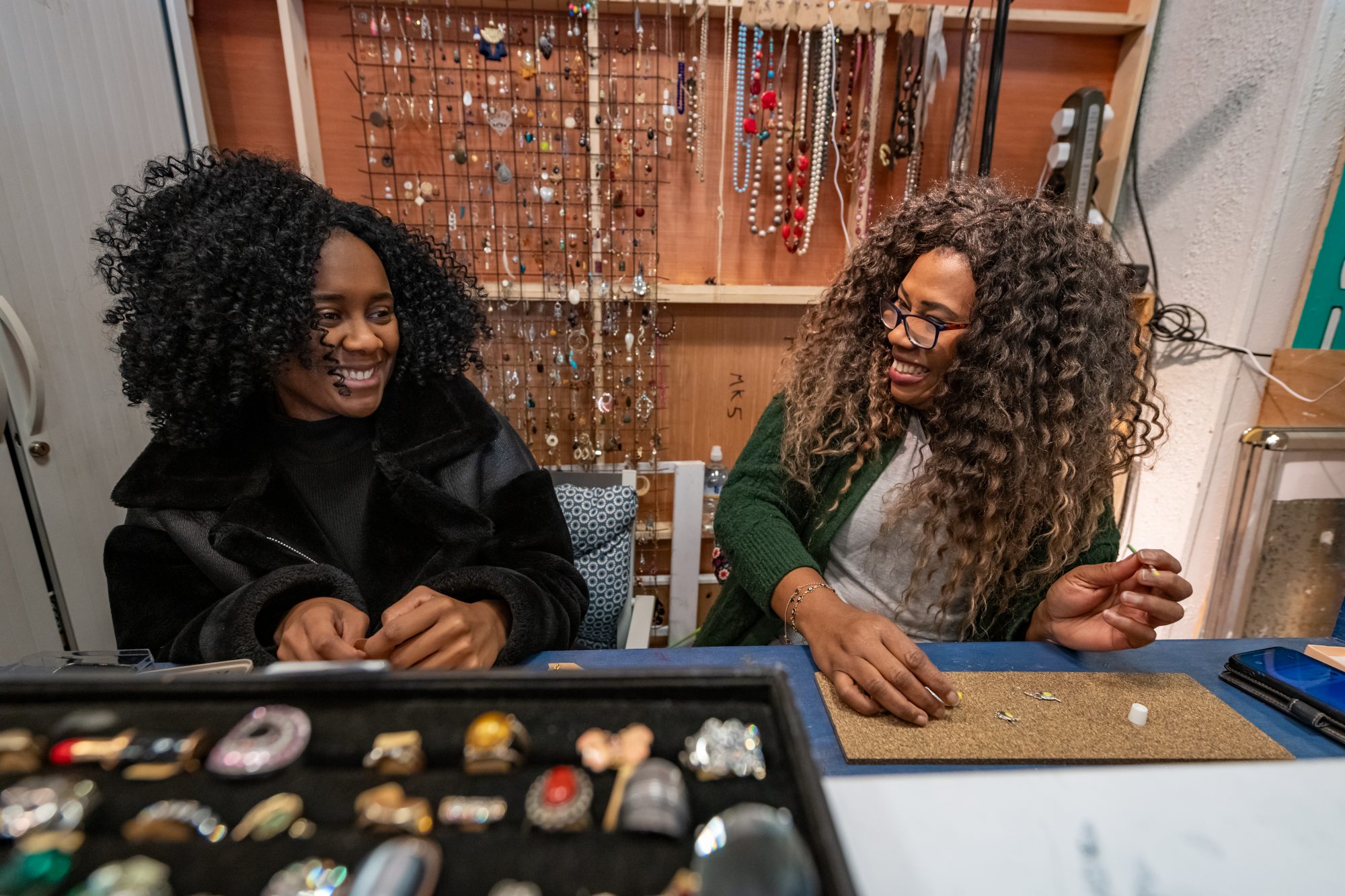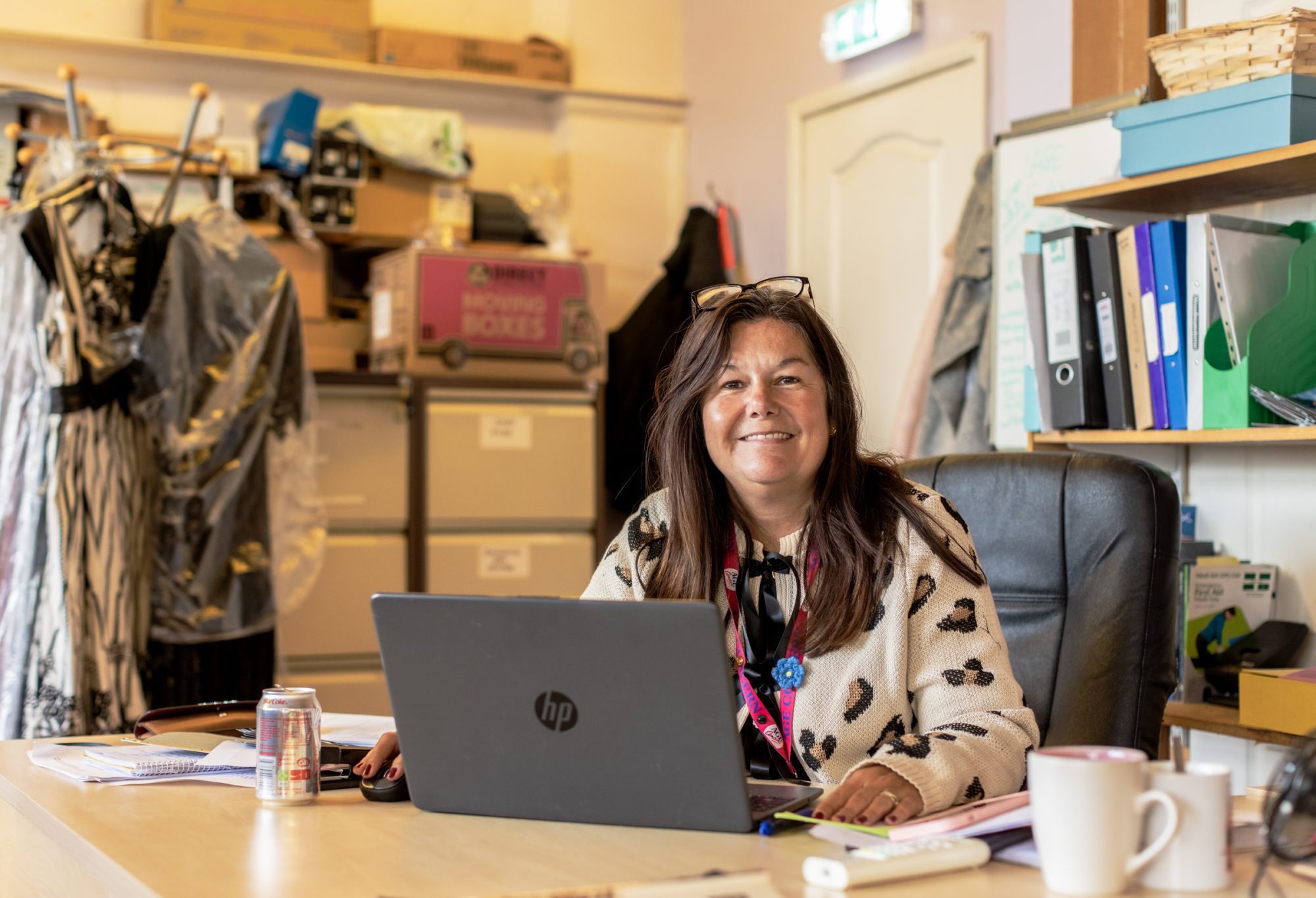
Natalie White
Local and Regional Partnerships Manager
Over the course of five years, our Empowering Places programme focused on supporting community businesses in the most underserved areas in England. The programme aimed to build sustainable clusters of community businesses in areas of high deprivation, and was delivered by Cooperatives UK in partnership with New Economics Foundation and Centre for Local Economic Strategies. Funding and capacity-building support were provided to ‘catalyst’ organisations in six areas.
- B-inspired in Braunstone, Leicester
- Centre4 in Nunsthorpe and Bradley Park, Grimsby
- Made in Manningham, incubated by Participate in Manningham, Bradford4
- Real Ideas in Devonport and Stonehouse, Plymouth
- The Wharton Trust in Dyke House, Hartlepool
- Wigan and Leigh Community Charity (WLCC), formally Abram Ward Community Cooperative, in Abram, Wigan
Over the course of the programme, a total of 95 community businesses were seeded and supported across these places, using a combination of approaches including incubation, championing individual entrepreneurialism, and being community-led. The programme has had a significant impact, from building the confidence, skills, and networks of community businesses and individuals to providing much-needed activities, services, and employment opportunities to strengthening social infrastructure for long-term impact in historically underserved communities.
The programmes success can be attributed to five overarching and transferable features.
- A relational approach, has been fundamental to successful delivery
Programme partners focused on building good relationships, which enabled trust, openness, and deep friendships to form across the cohort. These strong connections in turn allowed for catalysts to have honest conversations, sharing challenges and learning from their places.
- The leadership and reputation of the individuals involved, has enhanced reputation nationally and locally
The involvement of Power to Change and its national partners has helped catalysts and community businesses improve their profile and influence. The leadership of the catalysts themselves has also been a key contributing factor to the programme’s success and has nurtured throughout the programme, including via the peer network.
- An unrestricted grant alongside targeted capacity support, ensured catalysts made the most of the investment
Blended long term investment enabled catalysts to engage with the programme and make the most of learning opportunities. While core grants have of course been fundamental, it was the capacity support that really enabled catalysts to become ‘agents of change’.
- The programme’s flexible but targeted approach, enhanced the catalysts’ ability to act on important local issues
Rather than setting hard targets and expectations the programme allowed catalysts to define their own outcomes, take risks and learn from new ideas. Funding and capacity support was tailored to individual needs, and the programme itself has been responsive and adapted over the years.
- Time: Five years to engage, test and deliver
Five years allowed places to engage their community, develop deep enabling relationships and test out different ways of doing things. We know developing community businesses takes time and arguably this was the minimum amount needed.
Although Empowering Places has now closed, Power to Changes hopes that the programme’s ripple effect will be felt in these communities for many years to come. We also hope that funders and policymakers will apply some of the programmes key learnings to support the continued development of other place-based social economies across England and beyond.
Coming up
Join us for a conversation about the Empowering Places programme and what we’ve learnt, email comms@powertochange.org.uk to register your interest.
Read Renaisi’s final Empowering Places evaluation report.
This report sits alongside bespoke profiles for each of the six areas which explores individual places and their approach. These will be published throughout August 2023.



